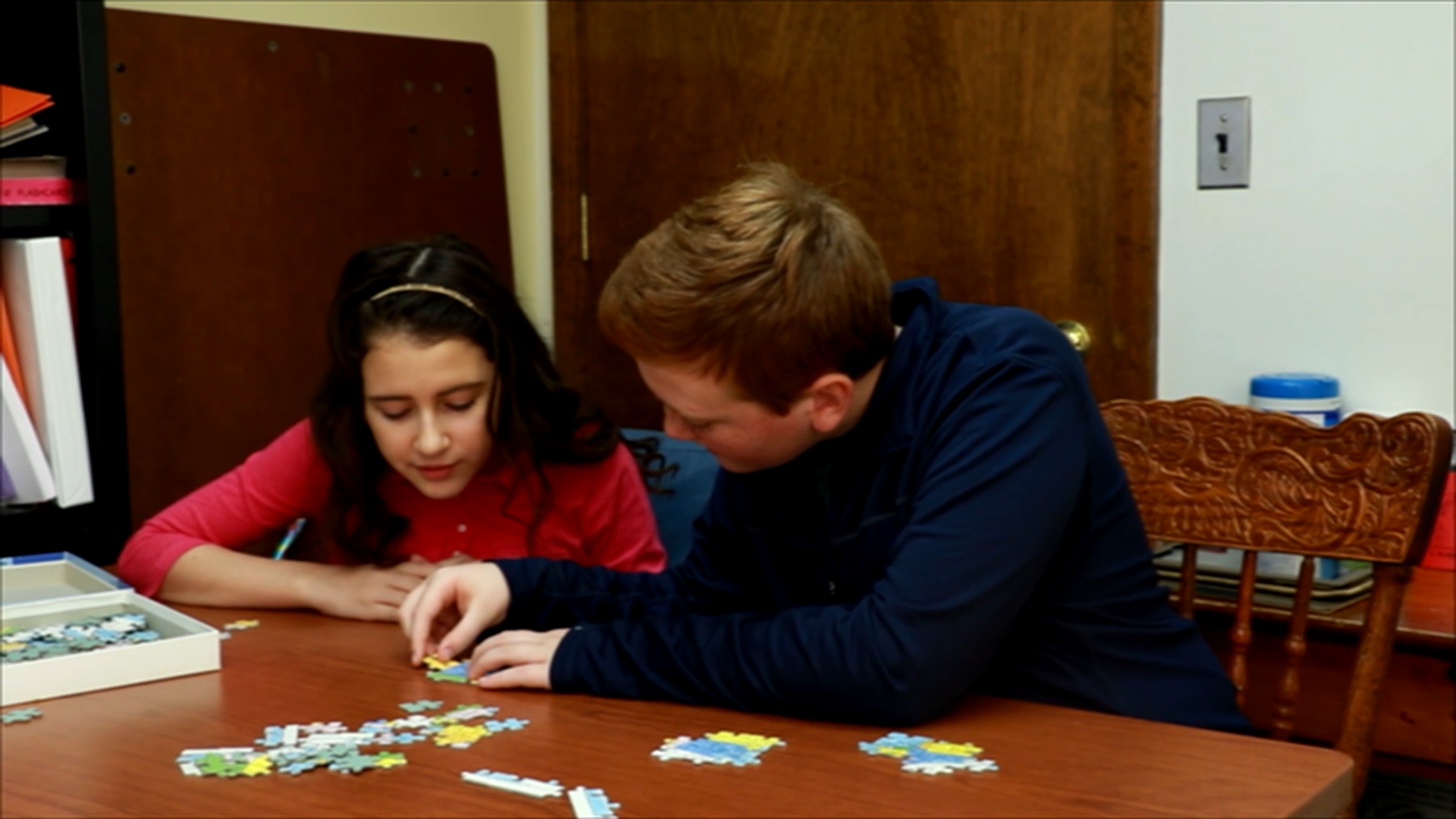As educators, we strive to help our students develop essential life skills that will enable them to thrive in various social settings. One key aspect of Social-Emotional Learning is understanding personal boundaries and promoting cooperation among students. In this blog post, we will discuss an easy-to-implement activity and provide discussion questions for educators working with students in Special Education to teach these crucial skills.
Introduction
Personal boundaries and cooperation are fundamental skills for students to learn, as they contribute to a positive and respectful learning environment. Students who understand how to maintain personal boundaries and cooperate with others are more likely to build healthy relationships and work effectively in a team. By teaching these skills, we support our students’ overall social and emotional development.
No-Prep Activity: Puzzle Partners
This activity requires no preparation or materials and can be easily adapted to suit your classroom’s needs. The goal is to encourage students to respect each other’s personal boundaries and work cooperatively to complete a task.
- Divide your students into pairs.
- Ask each pair to sit facing each other, with a small gap between them.
- Instruct the students to pretend they are working on a jigsaw puzzle together, with imaginary pieces on the floor in front of them.
- Encourage the students to communicate and ask for permission before touching or moving any puzzle pieces in their partner’s area.
- As the students work together, they should practice using polite language and respecting each other’s personal space.
Throughout the activity, you can observe and provide guidance on appropriate communication and cooperation strategies. This activity can be done multiple times, allowing students to practice with different partners and improve their skills over time.
Discussion Questions
After completing the activity, engage your students in a discussion to help them reflect on their experiences and deepen their understanding of personal boundaries and cooperation. Here are some questions to guide the conversation:
- How did you feel when your partner asked for permission before touching a puzzle piece in your area?
- What strategies did you use to communicate with your partner during the activity?
- Why is it important to respect personal boundaries and cooperate with others in a classroom setting?
- Can you think of other situations where personal boundaries and cooperation are essential for success?
- What challenges did you face during the activity, and how did you overcome them?
Related Skills
Teaching personal boundaries and cooperation also helps students develop other essential life skills, such as:
- Communication: Effective communication is crucial for expressing needs, desires, and preferences in a respectful manner.
- Empathy: Understanding and respecting others’ feelings and perspectives strengthens relationships and fosters a positive learning environment.
- Problem-solving: Working together to overcome challenges and achieve a common goal enhances problem-solving abilities.
- Conflict resolution: Resolving disagreements and conflicts respectfully and peacefully is vital for maintaining healthy relationships and a positive classroom atmosphere.
Next Steps
Teaching personal boundaries and cooperation is just one aspect of Social-Emotional Learning. To further support your students’ development in this area, consider exploring more resources and activities that focus on building essential life skills. We invite you to sign up for free samples of skill-building materials and resources available at Everyday Speech. These resources can help you create a comprehensive and engaging curriculum that supports your students’ social and emotional growth.






